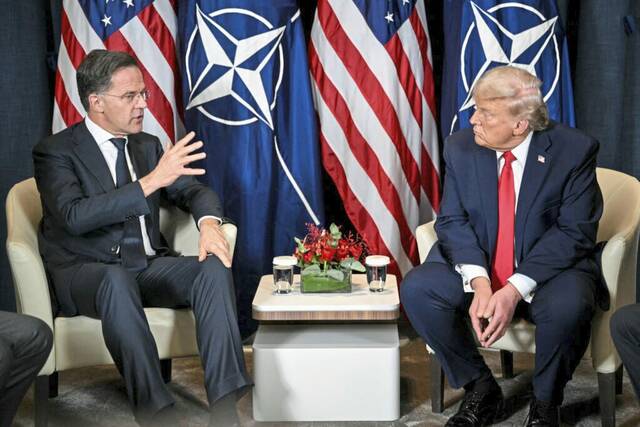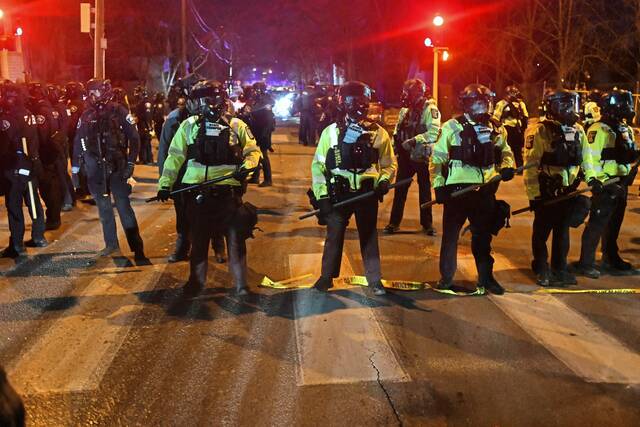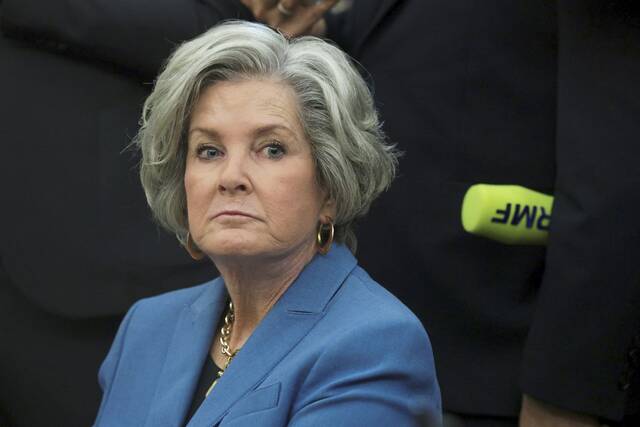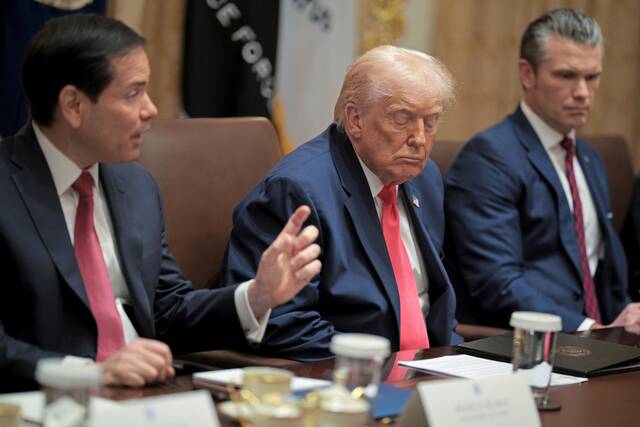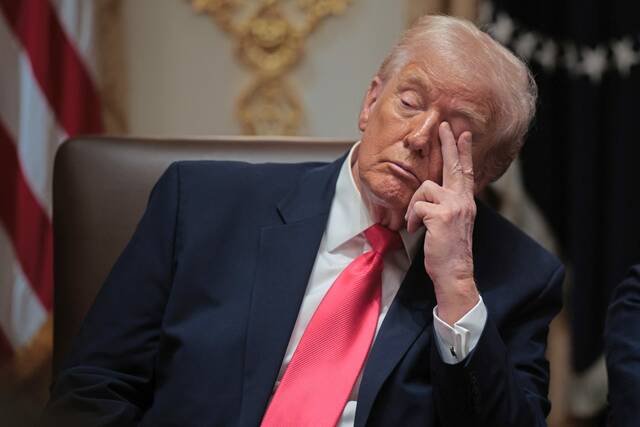August is usually when we try to get one final vacation in, find fun ways to beat the heat and take our last licks of summer. But this year, August is different. For those of us who have school-age children, the potential return to class hangs over us; we count down the hours before the realities of a viral pandemic test us where it matters most.
The month feels both too long and too short — at once a giant chasm of unknowns during which everything can change, and an insufficient amount of time to prepare for such a daunting enterprise.
Since schools closed in March where I live, life has been a giant adjustment for my 5-year-old. It marked the end of classrooms, playgrounds, recess, singalongs, field trips, swim lessons, sports, fairs, camps, playdates and almost every other great thing kids look forward to doing together.
Learning continued at home, but it was different, difficult and far less fun. We managed some responsible outdoor get-togethers with family and close friends that, because of distancing, proved more frustrating for him than enjoyable. He misses his friends and his teachers and is desperate to return to school.
But he won’t be returning to school as he knew it. And as I contemplate what life will be like for him if he does, I’m not so sure it will actually be better for him.
Schools across the country are putting in place their plans for reopening, many of which include things like daily temperature-taking, hourly handwashing, all-day mask-wearing, 6-foot distancing, “isolation rooms” for kids who appear symptomatic, social interactions through Plexiglas and teacher-led anxiety management exercises.
While all of that is well- intended and likely necessary to keep schools safe from the coronavirus, it also frankly sounds like a dystopian hellscape that will make learning a terrifying if not wholly un-fun experience for my soon-to-be kindergartner.
Right now, we don’t talk much about covid-19 at home. My son knows people are sick and that’s why things are closed, but he’s never once feared that he or we will get sick. The virus is still very much, in his mind, a faraway villain.
But I worry that school, and its attentiveness to symptoms and safe practices, will bring fears about catching coronavirus right to his mental and psychological doorstep, where every interaction he has is fraught with awful possibilities.
Weighing that against the well-known psychological benefits to going to school (as well as the economic and social upsides) is an impossible and unanswerable exercise. While the CDC advises, “Important social interactions that facilitate the development of critical social and emotional skills are greatly curtailed or limited when students are not physically in school,” the school experience they are advocating now is one no school-age child in America has ever been through.
As hard as we’ve worked to physically keep covid-19 away, we’ve worked equally hard to keep it away from our kiddo’s psyche, which seems an impossible task once he goes back to school and it’s everywhere.
It’s good that states and school districts are implementing rigorous health and safety measures to reduce the risk of the coronavirus spread in the fall. But what we just don’t know is whether keeping kids safe at school will actually make some of them unhealthy.



